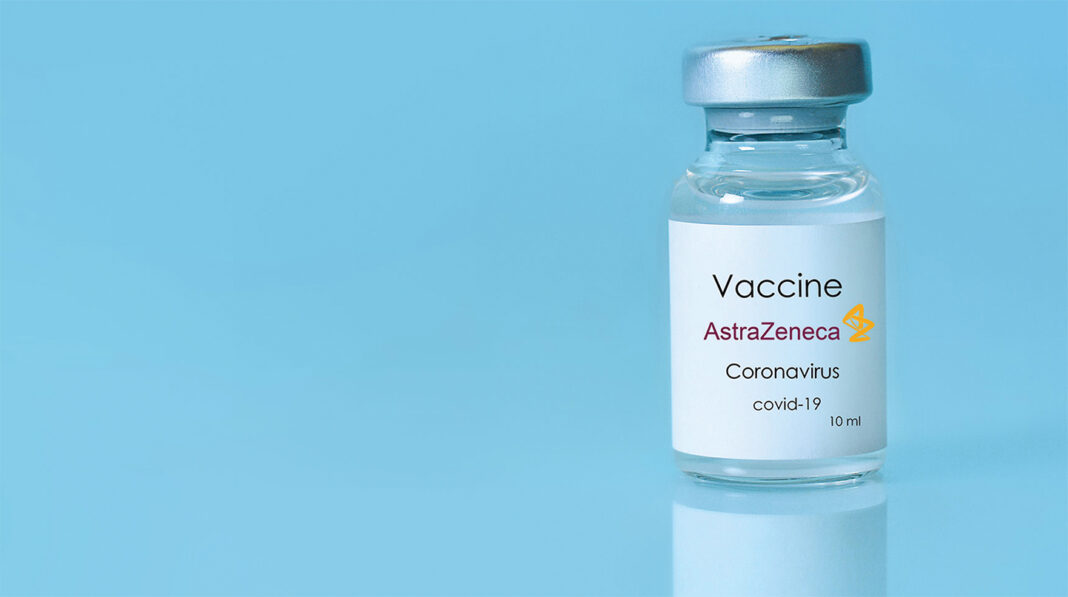The Oxford-AstraZeneca COVID-19 vaccine — also known as Vaxzevria, as of March 25, 2021 — is a two-dose vaccine jointly developed by the Oxford Vaccine Group and pharmaceutical company AstraZeneca to target the SARS-CoV-2 virus.
Serum Institute of India’s COVID-19 vaccine, called Covishield, is a version of the Oxford-AstraZeneca vaccine that manufacturers in India produce locally.
According to AstraZeneca’s primary analysis of phase 3 trial data, the vaccine has a 76% efficacy rate after both doses
On January 29, 2021, after a recommendation from the European Medicines Agency (EMA), the European Commission granted the vaccine “conditional marketing authorization” in the European Union for adults aged 18 years and older. The World Health Organization (WHO)Trusted Source issued the vaccine “emergency use listing” on February 15.
This viral vector vaccine contains the gene that encodes for the spike protein on the surface of the SARS-CoV-2 virus. Once delivered to our cells, the gene is transcribed, prompting our cells to make the spike protein. The presence of this protein triggers the body’s immune system to produce antibodies to fight against the spike protein, which then prepares the body to fight against SARS-CoV-2 should it enter the body.
Note that the vaccine does not contain the SARS-CoV-2 virus itself and does not cause COVID-19
Common side effects
According to the vaccine’s safety profile within the product information, the most common side effects include mild-to-moderate symptoms of one or more of the following:
- headache (52.6%)
- fatigue (53.1%)
- muscle or joint pain (44% or 26.4%)
- fever (33.6%)
- chills (31.9%)
- nausea (21.9%)
The percentages are based on reports from four clinical trials with a total of 23,745 participants.
Individuals also commonly reported pain and irritation at the site of the vaccine injection.
Additionally, an allergic reaction to certain ingredients in the vaccine may occur. Symptoms of an allergic reaction may include hives, a rash, swelling, and respiratory symptoms.
There have also been a few cases of anaphylaxis, which refers to a severe and potentially life threatening allergic reaction. However, anaphylaxis is a very rare event.
According to the Medicines & Healthcare products Regulatory Agency (MHRA), out of 19.5 million administered doses of Vaxzevria, only 455 (0.002%) were associated with an anaphylaxis-related adverse reaction.
People who have known allergies to any of the ingredients — the active substance itself or any ingredients listed under the product information’s “List of excipients” — are advised against receiving the vaccine.
All the side effects listed above are similar to those associated with other vaccines, as the Centers for Disease Control and Prevention (CDC)Trusted Source indicate for the Pfizer-BioNTech and Moderna vaccines









